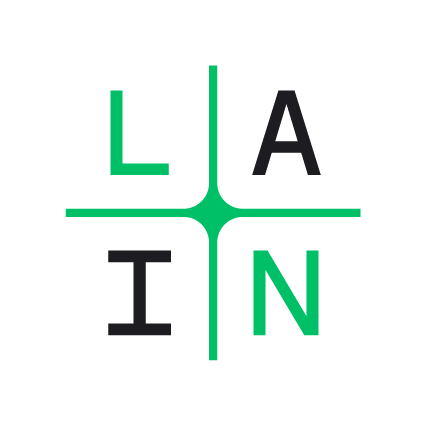Learning from other UK Anchor Networks
The concept of ‘anchor institutions’ – organisations rooted in a place that can play a role in driving local, inclusive, sustainable economic growth and helping communities to thrive – developed in the UK over the last decade. Anchor networks - which bring these organisations together in their locality - have blossomed in recent years.
In partnership with Centre for Local Economic Strategies (CLES), the LAIN team convened a meeting of anchor network coordinators from across the country, in what we hope will become the first of multiple knowledge-sharing roundtables.
Welcoming anchors from across the UK
From Birmingham and Leeds, to Salford, South West of England, Westminster and Greenwich, we welcomed networks of different scales and models: region-wide networks with over 200 members, to those with less than a dozen working within individual cities or boroughs; networks embedded within city councils, with formal agreements and jointly funded coordinator posts, to more informal structures, operating on a case-by-case around specific themes or topics.
Beyond comparing and contrasting our organisational models, it was inspiring to share our varying approaches to common areas of work, and to learn what is being achieved collectively.
Common themes - skills and employment
One area of work that nearly all anchor networks were participating in is around skills and employment opportunities for underrepresented communities.
In LAIN, our focus is on helping more Londoners from underrepresented backgrounds into ‘good work’ largely by our members becoming London Living Wage accredited (if they aren’t already), recruiting and and progressing staff from different backgrounds, and closely monitoring gender, ethnicity and disability pay gaps.
In Greenwich, the anchor network has taken a more place-based approach, working to become a ‘Living Wage Place,’ by increasing the number of London Living Wage accredited businesses in the borough. This concerted effort is yielding results – increasing the number of London Living Wage accredited employers by 37% over two years.
The Birmingham Anchor network has also taken a place-based approach, connecting deprived neighbourhoods with employment opportunities within anchor institutions. The I Can project, led by Birmingham & Solihull Integrated Care Board with University Hospitals Birmingham, the Pioneer Group and Birmingham City Council has increased engagement with local communities through a radically redesigned NHS recruitment pathway. In the first three years, 750 job offers have been made to previously unemployed residents, 70% of those from Black, Asian and Minoritised Ethic communities, 55% aged under 30 and 10% aged 50+. There has been a 32% increase in engagement from wards with the highest levels of disadvantage and a 97% retention rate in employment after six months.
Common themes – procurement and net zero
Another common area of work that has been inspiring to learn from is how different anchor networks have been using their procurement spend to stimulate inclusive economic growth.
Whereas LAIN’s procurement strand focuses on buying more from small and diverse-led businesses through anchor institutions re-engineering their procurement processes, some of our colleagues in other parts of the country are working with communities to directly plug gaps in the services they require.
Salford Anchor Network, for example, has helped the local community to establish social enterprises that can supply anchor institutions, such as a catering social enterprise now used by the NHS and others. The anchor network in Wigan has taken a sectoral approach, using their procurement resources to help re-shape the adult social care sector – specifically to build a more diverse, small business-friendly supply chain – and thereby reduce its dependency on a handful of national firms.
The roundtable also highlighted areas of work relating to climate change and achieving net zero.
Westminster’s Routes into Retrofit programme, co-developed with Groundwork and sponsored by a local housing association, connects unemployed Westminster residents with entry-level roles in the supply chain, paying small businesses to employ apprentices in retrofit roles. Leeds has been jointly promoting retrofit contract opportunities for small businesses, showing the potential to bring climate leadership and procurement work strands together.
In conclusion
The session underscored that there are different and equally valid ways of structuring and resourcing anchor networks, and of addressing systemic challenges. Engaging with a community of practice in this way was incredibly informative, providing so many examples of inspiring and powerful work to learn from. We look forward to continuing this type of engagement and knowledge sharing to support the growing anchor institutions movement across the country.

